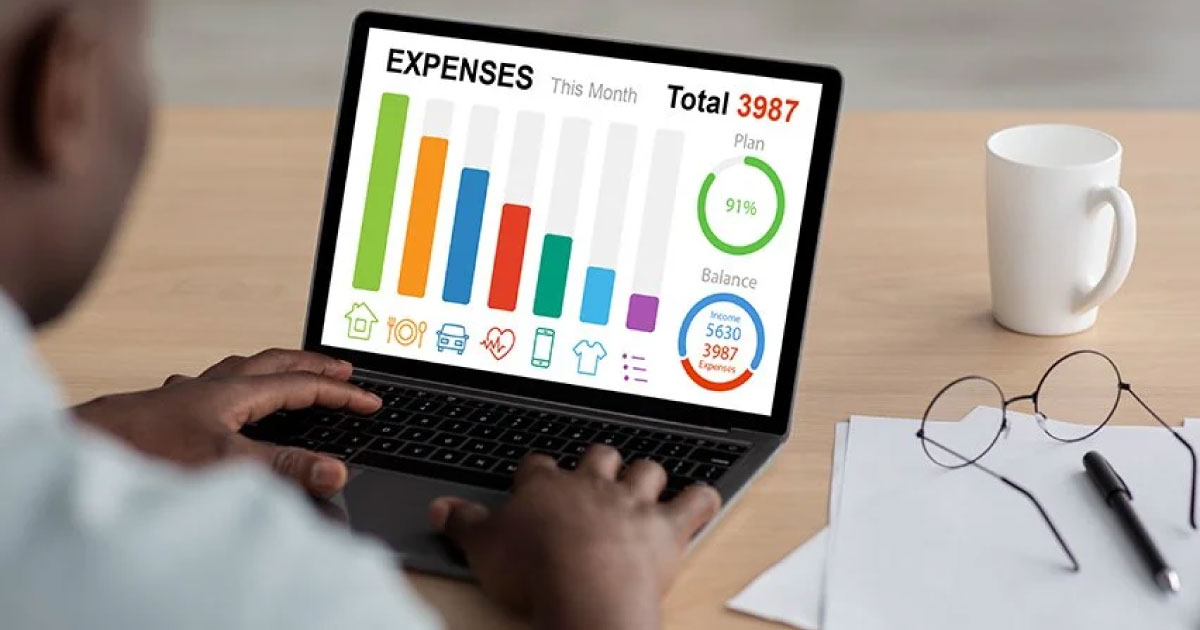66% of American consumers live paycheck to paycheck.
If you’re anything like the average American (70% of us are), you feel some form of guilt or shame around your spending habits. Or you think about money in a way that holds you back from becoming wealthy.
The worst part…most of these money myths are self inflicted beliefs about yourself.
I’m here to help you change your beliefs and become wealthy.
You are not what you have historically done or what your family has done. You are unique and you can choose to commit to making a change.
What is a healthy way to think about money?
As I work with more clients, I’m exposed to different barriers that people build for themselves on why they can’t do well with money.
They’re all myths. Dare I call myself…the mythbuster?
Here are some of the common money mindset myths I’ve come across through financial coaching.
I want to lay these out so you know you’re not alone and we can build a place for you to overcome your money mindset myths.
Money Myth #1: Everyone in my family is bad at managing money so I'm not good at managing my money.

I get it you have a great family.
But why are you extrapolating what your parents have done with their money and by default putting those beliefs on yourself? Just because your parents aren’t great at it doesn’t mean you can’t change the family tree.
And just because you’ve not historically been good at managing your money until this point doesn’t mean you can’t change starting now.
Try reframing this to “I’ve not historically been good at managing my finances and am actively working to improve.”
Money Myth #2: Why does tracking my spending help me have more money?
It’s all about your money mindset.
Tracking your spending or creating a budget helps you align your spending habits to your financial goals.
For example, as a result of budgeting you notice you don’t want to spend $1,000 a month on dining out, then you can easily deny the dinner invite when you know it will put you over budget for the month.
And as a result of tracking your spending, you’ve spent less and created more cash flow which is more cash in your pocket.
Let yourself enjoy up until a point where you know the financial ramifications are tough to come back from. Then delay gratification for a week or two until you have the cash to live the life you want.
Money Myth #3: I've started tracking my money. What am I looking for? What are these scary charts?
Do you get anxious looking at a wall of numbers? Do charts scare you?
There is no shame in asking for help! Money is emotional.
By tracking your money or creating a budget you are looking for trends.
You may think you only spend $500 dining out per month but in reality you spend much more. If that doesn’t align with your goals, then you now have a place to focus on aligning your habits.
Money Myth #4: I am embarrassed of what I spend and do not want to know.

Have you gotten to a point where you feel embarassed because you spend $20,000 per month and have no idea what you’re spending it on?
Is your self-talk “How do I ‘waste’ $20,000 per month?”
It’s not a waste, it’s just not intentional. That is the exact reason to get started creating a budget!
Don’t be embarrassed.
The best part is that you have the means to make financial changes quickly.
Also, there are plenty of people just like you, but you can be a step ahead just by starting to budget.
That’s something to be proud of!
Money Myth #5: Why does knowing budgeting/accounting help me change my money mindset?
You don’t necessarily need to know accounting to be able to track your money well.
There are a few financial reports that make up the basis of managing your money and I teach you those through my financial coaching program.
The most important metrics to track when budgeting are your income and expenses and your net worth.
Money Myth #6: I should be better at this.
To be honest, we’re not taught the skills needed to manage our money anywhere other than in the home.
And most parents don’t have the skills either so we’re really not taught how to manage our money.
Money is a “taboo” topic in society too so it’s difficult to ask others what they do.
You’ll get better at it as long as you stay committed to it.
Money Myth #7: Tracking my spending is tedious, time consuming and doesn't work. I've tried before and it just doesn't work for me.
To this I ask how you have tried tracking your money?
Have you asked for help? Why did it not work? What are your expectations for how long it should take or are you willing to commit to managing your money?
There is an element of maintenance needed to become financially healthy.
30 minutes per week to stay up on transactions and 1 hour at the end of the month to compile your entire financial picture.
That is really not a lot of time.
To take one prior action and express that as a constant forward is a limiting belief that needs to be overcome. It’s unreasonable to say that because you tried something once it will never work for you.
We just gotta find a way that does work for you.
Money Myth #8: Can you just maintain my finances for me?
NO!
It doesn’t work.
You’re the one in control of your habits and therefore you have access to spend your money how you want. If someone else is directing you, it’s easy to just do what you want to break the plan without worrying about the consequences of making it work.
You must be emotionally invested and committed to making your own financial situation better.
And until you commit to making a change, you shouldn’t get a financial coach. It will be a waste of money.
Money Myth #9: I'm not smart enough...
That’s false.
What I’ve noticed with money is that some people may feel different emotions like getting flustered, embarrassed, uncomfortable, etc.
This causes them to get overwhelmed and create statements like this.
That is where the power of a financial coach comes in. Working with someone who enjoys the financial puzzle and finding clarity.
You are smart enough to understand and manage your money. I believe in you.
Money Myth #10: My financial situation is too messy to try to fix.
While it may be overwhelming for you to understand your financial situation, it’s definitely not too messy to fix.
You just gotta start and not give up. Clarity will come!
Need help breaking through your money myths?
Do you identify with any of these limiting money myths? If so, let’s get financial coaching!






